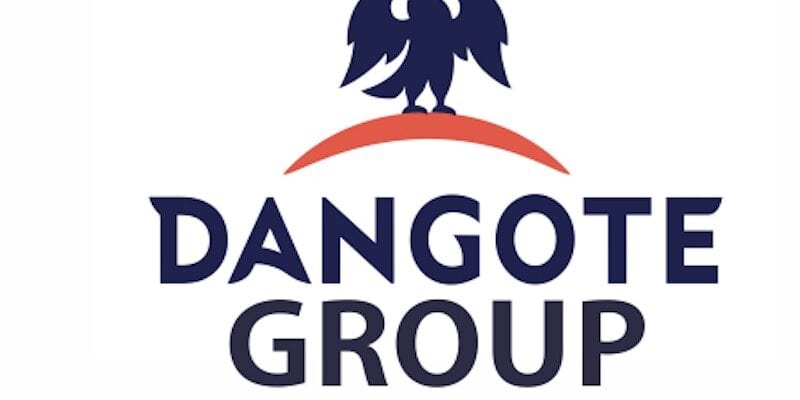In a bid to increase the availability of cement at affordable prices nationwide, Africa’s richest man, Aliko Dangote, has completed his new cement factory at Edo State, worth approximately $1billion.
The new factory which is set for commissioning and located at Okpella in Edo State has the capacity to produce about 6 million metric tonnes of cement per annum and is set to employ at least 6,000 workers when it finally begins operations.
Disclosing this, the Director of Stakeholder Management at Dangote Cement Plc in a statement, opined that the plant which is sitting on 1,000-hectare land, aligns with the Governor Godwin Obaseki-led administration’s plan to diversify the state’s economy and attract investment into its productive sector
He added that the local community contributed immensely in the construction of the plant, as engineers, technicians and other members of the community worked on it till completion. He was quoted saying: “In Nigeria, we have a population of over 200 million people. The per capita consumption of cement in Nigeria is low. We still need to do more to make the cement get to the poorest of the poor.”
READ: DangoteCem Takes Steps to Bring Down Price of Cement
Recall that Dangote Group in 2016 had earlier commenced the construction of the $1billion cement factory in Edo state. The initial blueprint was to simultaneously construct both the Edo plant and another plant in Itori, Ogun State. The completion of both plants with a combined capacity of 12 million metric tonnes per annum, will raise Dangote Cement’s total production capacity to about 41.25 million metric tonnes per annum.
Additionally, Dangote Cement further spent about $150million on the acquisition of 2,000 brand new vehicles. This is in a bid to facilitate seamless distribution of the company’s products nationwide. All these efforts are geared towards increasing production and accessibility to cement products nationwide, thereby crashing the price.
Naijabusiness.com.ng gathered that the Okpella plant was built by Sinoma International Engineering Company with 1,500 local workers, in collaboration with the Chinese engineers on the project.

